Ottawa will remove certain retaliatory duties while retaining tariffs on cars, steel, and aluminium.
Prime Minister Mark Carney announced Friday that Canada will scale back part of its trade countermeasures against the United States. Levies on vehicles, steel, and aluminium will remain, but other tariffs on American goods will be lifted starting September 1.
Move follows missed trade deal deadline
The announcement comes after Carney’s first phone call with President Donald Trump since both countries failed to meet their self-imposed deadline for a new trade agreement. Canada had previously imposed a 25% tariff on approximately C$30bn (£16bn; $21.7bn) of US goods, including appliances and orange juice, in response to US tariffs of 35% on products not covered by the existing free trade pact.
Carney said Ottawa will now remove tariffs on goods that qualify under the US-Mexico-Canada Agreement (USMCA), restoring largely duty-free trade for the majority of goods crossing the border.
The White House welcomed the announcement in a statement to CBS, calling it “long overdue” and expressing hope for continued discussions on trade and security. Trump later told reporters he expects to speak with Carney again soon.
Domestic reaction and political debate
Although many Canadians support retaliatory tariffs, the move drew criticism from opposition leaders. Conservative Pierre Poilievre accused Carney of abandoning his “elbows up” negotiating style, describing the decision as a retreat.
Carney defended the policy, noting that USMCA gives Canadian exporters an effective tariff rate of about 5.6%, far below the global average of roughly 16%. He emphasized the importance of protecting this advantage for Canadian businesses and workers.
Since January, Trump has imposed or increased tariffs on goods from several countries and warned of further hikes to secure trade deals favorable to the US. US ambassador Pete Hoekstra cautioned that Canada’s counter-tariffs could hinder negotiations and criticized Canadian politicians for attacking Trump personally rather than focusing on policy.
Focus turns to critical industries
Carney said the next phase of negotiations will prioritize autos, steel, aluminium, lumber, and other key sectors ahead of next year’s scheduled USMCA review.
The US currently enforces a 50% tariff on steel and aluminium imports—excluding the UK—along with duties on copper and automobiles. Canada’s 25% tariffs on American metals and autos will remain in effect for now.
Economists warn that these measures are already affecting Canada’s economy. As a leading supplier of steel and aluminium to the US, Canadian companies have reported contract cancellations and production reductions. The auto industry is also under strain, as vehicles often cross borders between the US, Canada, and Mexico multiple times during assembly. Ontario, the center of Canadian auto manufacturing, has lost 38,000 jobs in the past three months, most of them in factories.


